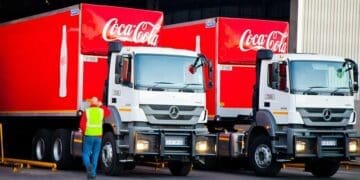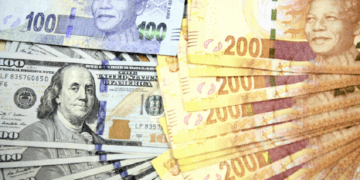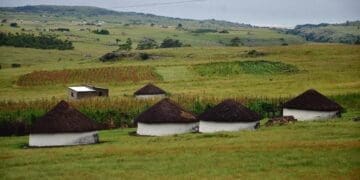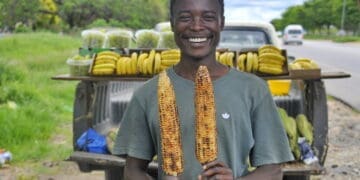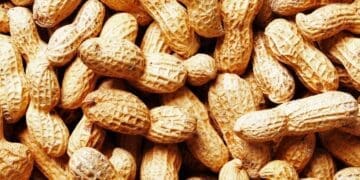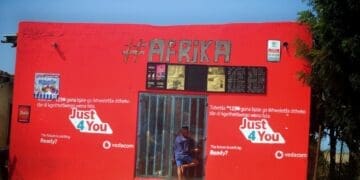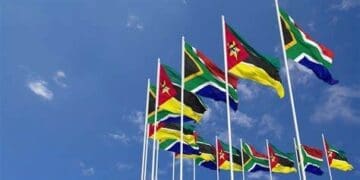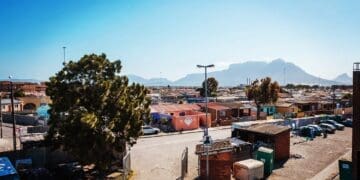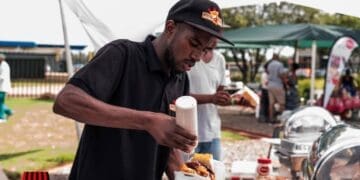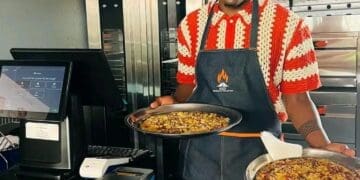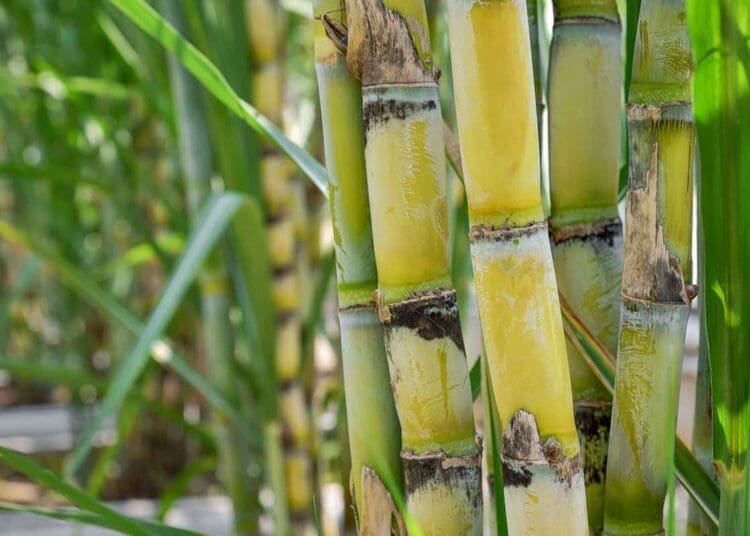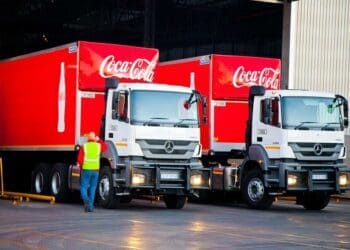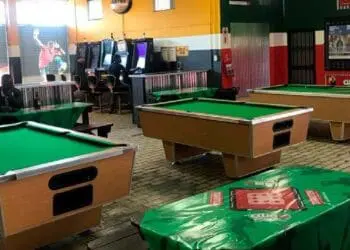Small-scale sugarcane growers across South Africa are facing mounting financial pressure as a surge of cheap imported sugar erodes local demand and threatens rural livelihoods.
“The price at which our sugarcane is purchased is high at the start of the season, but it drops dramatically as the season progresses,” said Siyanda Mantengu, CEO of Nsombosi Cane Field CC in Mtubatuba.
His 350-hectare family-run farm supplies the Umfolozi Sugar Mill and employs 35 workers.
“I suspect mills are trying not to buy too much from small-scale farmers to avoid having surplus sugar they cannot sell,” Mantengu said.
Trade agreements with countries like Brasil have intensified the challenge.
“It is cheaper for producers to import sugar than to buy locally. The sugar tax has delivered health benefits, but it has come at the cost of local farmers who are seeing lower sales.”
He believes the government should support other sectors that use sugar, such as biofuels, ethanol, alcohol, and fertilisers, to create new markets for local sugarcane.
Nkosinathi Msweli, a sugarcane farmer from Kearsney near Stanger, echoed the concerns.
“Sugar sales locally have dropped significantly in the past month, resulting in lower revenue. We are not competitive internationally, and there are no subsidies for farmers. Government support through tariffs and local procurement of sugar could help stabilise the industry,” said Msweli.
Industry bodies are stepping in to assist struggling growers. Mthokozisi Ndlovu, communications officer at the South African Farmers Development Association (SAFDA), told Vutivi Business News they are supporting small-scale sugarcane growers through a partnership with Kagiso Trust that provides short-term loan facilities.
“Many growers have been excluded from traditional financial systems. The Early Payment on Delivery facility improves cash flow, restores dignity, and allows farmers to reinvest in operations,” he said.
However, financial pressures continue to rise.
“Many growers are struggling to cover input costs such as fertiliser, chemicals, fuel, and labour because of falling sugar prices and the influx of cheap imports from Brasil, Guatemala, Thailand, and India. This threatens the sustainability of small-scale operations and undermines decades of efforts to support rural livelihoods,” Ndlovu noted.
Industry leaders are urging the government to take decisive action. Higgins Mdluli, chairman of the SA Canegrowers, welcomed the decision not to increase the sugar tax in the 2026 Medium-Term Budget Policy Statement.
“This gives South Africa’s 24,000 small-scale and 1,200 large-scale sugarcane growers some relief at a time when the industry is in unprecedented crisis. Any increase would have worsened an already dire situation.”
Andrew Russell, vice-chair of SA Canegrowers added that “heavily subsidised imported sugar continues to displace locally grown sugar, punishing rural farmers.”
“We have called on the Treasury to scrap the sugar tax and the Department of Trade, Industry, and Competition to revise the tariff framework to protect local production,” Russell said.


